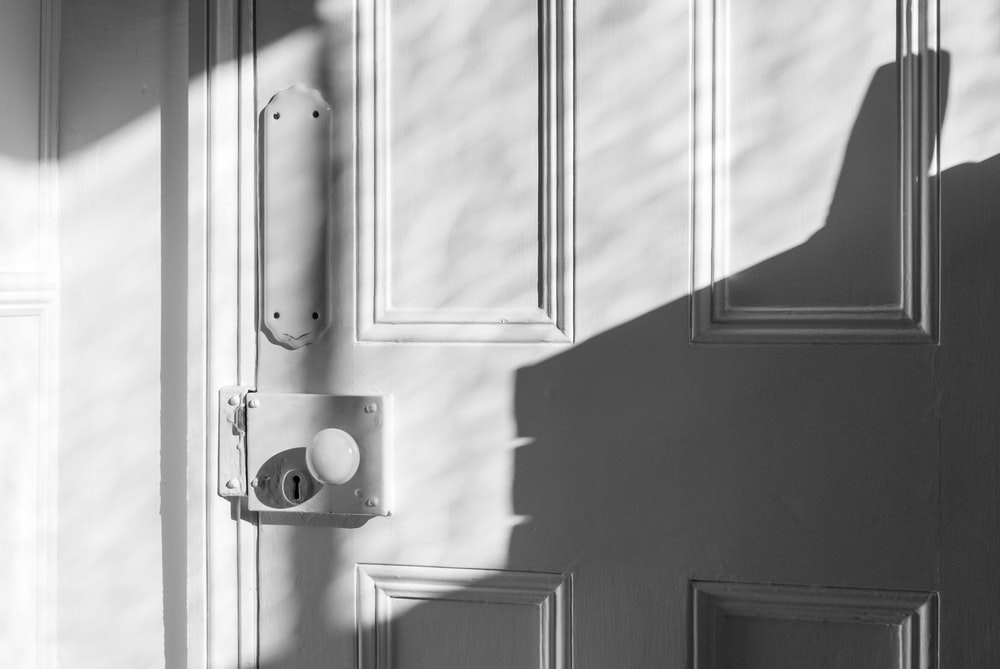We hear it all the time. Someone makes the ever-so-casual statement, “we live in a dangerous world” in response to the latest tragedy or crime spree that seemingly have no effect on our daily lives.
But the sad reality is that statement could not be more true — no one is immune to the potential danger.
According to the Bureau of Justice Criminal Victimization Report in 2020, the number of violent-crime victims, including Rape and Robbery, exceeded 4,500,000 in the United States. Aggravated Assault + Simple Assault had almost 3,000,000 victims. Home Invasions were in a category of Stranger Violence which exceeded 1,500,000. The early indication is that each of these numbers increased in 2021-2022.
Our number one priority at The Vigilance Group is to teach people how to live safely in a dangerous world, so let’s begin with the place you should feel most secure — your home. Our seven tips for staying safe in your home are a non-negotiable. If you follow these tips, you will have a better chance of thwarting a dangerous situation that could lead to a home invasion.
- Lock All Doors and Gates Even When at Home. This might sound obvious, so that’s why it’s number one. It’s so obvious that many people DON’T do it. According to a survey by Eyewitness Surveillance, 63% of surveyed Americans say they don’t lock their doors regularly, so we think it bears repeating in our tips. KEEP YOUR DOORS LOCKED.
- Install Outdoor Security or Motion Detection Cameras. Technology has led to some incredible advancements in the field of home security. Many security systems are wireless and will send alerts through your phone when motion is detected on your property. The Vigilance Group recommends the Ring systems. Ring connects to your home’s wi-fi network to form a “ring” of protection around your home. The downloadable app is free, and the entire system is available almost anywhere for only $199.99.
- Never Answer the Door for Strangers without Challenging the Person through the Door. This tip falls into the obvious category as well, but if 63% of Americans are not locking their doors, they are most likely not staying vigilant when a stranger knocks. DO NOT open the door until the person is fully vetted. It’s OK to ask for identification, or ask him to have a mutual acquaintance or place of employment call you. If this person is servicing your home, ask him/her to have the office call you. Just do not open the door until you feel completely confident about the identity and intent to visit your home.
- Dial 911 if in Fear or Threatened by Someone Outside. Don’t wait until you are in a life and death situation BEFORE you call 911. If you feel scared for your safety, don’t hesitate to call 911, even if the person in question is outside. If you think you are in a potentially dangerous situation, tell the 911 operator you have not seen the gun yet (which might get a more rapid response).
- Use Your Voice as a Weapon. This tip applies when you are outside of your home. Maybe you’re doing yardwork or playing ball with the kids and someone (unknown) approaches you. A loud voice can be a great weapon. Speak directly and firmly, and do not hesitate to yell if you feel threatened. Experiencing a few moments of embarrassment if you’re wrong is a small price to pay to keep your family safe.
- Place Improvised Weapons Around Your Home. An improvised weapon is an everyday object that can be lifesavers during an attack. Scissors, baseball bats, fire extinguishers, knives and hammers are all improvised weapons and can be very effectively used to defend oneself in a home invasion. Remember to keep them in discreet areas of your home, especially if you have small children.
- Share This Information with Guests and Babysitters. This information is only as good as the people in the home know to use it. So, make sure to share these tips with babysitters, grandparents, older siblings and anyone who may be visiting or taking care of children.
Stay Vigilant….you can’t be replaced!

